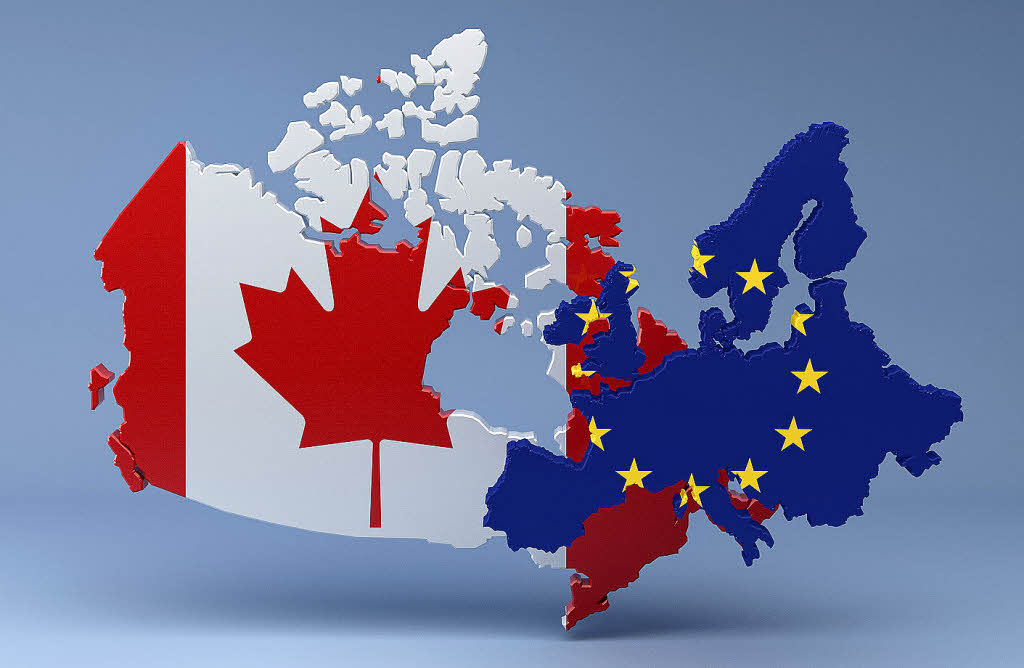How excellent that people are trying to build houses where people want to live
Here is a complaint about something, a complaint about something that we rather cheer. Indeed it cheers us to see this thing happening. The complaint is that builders and developers are trying to build housing where people want to live. It is this thing which we both cheer and cheers us:
It's nice to see a good idea: they being so rare
We tend not to think that the passing scene is oversupplied with interesting and useful ideas for government policy. Thus when one does appear we think we ought to note it:
We must regulate the internet because, well, because, you see?
One of the great joys of this internet upon which you are reading this is that it is regulated. Regulated in exactly and only the manner in which it needs to be regulated. There are certain rules that you must obey to be able to get onto it: asking us to explain the technical bits would be a bit of a stretch but we believe that acronyms like TCP/IP might be involved. But it is regulated only in that manner: aside from the usual civilisational rules like no incitement to murder and so on the regulations extend only to those technical matters of how the thing works. What you do when you reach those intertubes is entirely up to you.
We all owe a significant debt to Richard Murphy
We have, we have to admit it, at times been less than respectful of the ideas of Richard Murphy, the noted tax campaigner. We certainly thought that his genesis of Corbynomics was worth a giggle or two at the time. But here we have to admit that we all owe a significant debt to him. For it has been a most vexing question, this one of well, just what actually is tax avoidance?
Startups fail for the same reason markets succeed
In the current jargon a unicorn is a private company, usually venture capital backed, which has a valuation above $1 billion. They are what everyone wants to create, what all lust after investing in. However, it's also interesting to look at what happens at the other end of that success scale:











